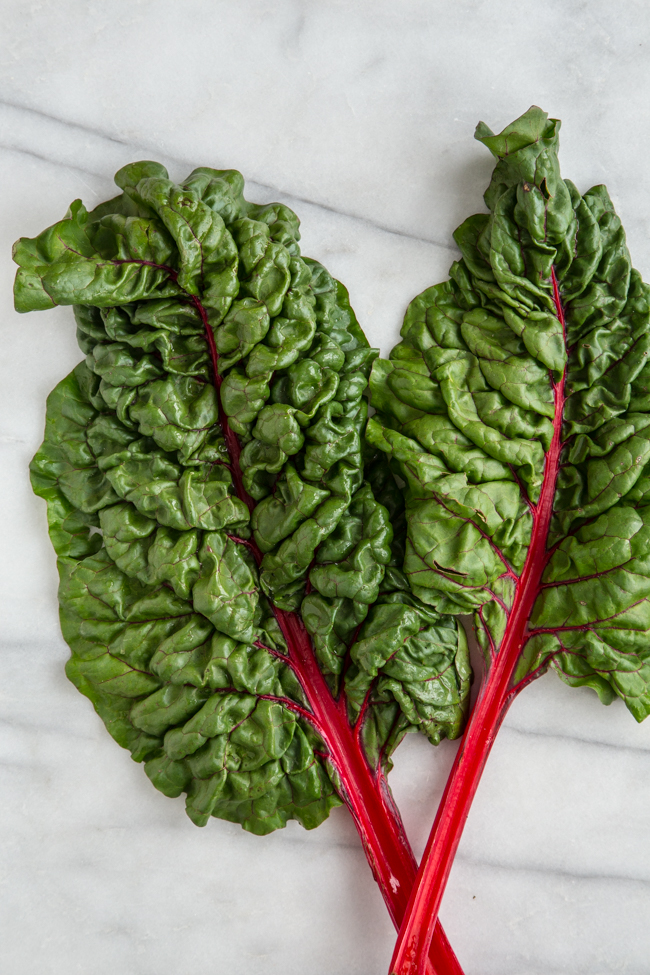When you think of calcium what’s the first thing that comes to mind? Milk?
While it’s true that dairy is an excellent source of calcium (and the dairy people have done everything in their power to fuel this messaging), cow’s milk and other dairy products are far from the only source of dietary calcium available to us. Plant-based calcium is, in fact, all around us (just like love!) and if you know where to look for it you’ll see that it’s simple to get what you need on a plant-based diet.
But first things first.

What is calcium and why do you need it in your diet?
Of all of the dietary minerals (including iron and zinc), calcium is the most abundant mineral in our bodies. That’s because 99% of the body’s calcium supply is stored in our bones and teeth, where it works to support their structure and overall function.
The remaining 1% of our body’s calcium stores is important to maintain proper blood flow through our bodies and muscle function (and keep in mind that our heart is a muscle). Calcium also plays a role in intracellular signalling, hormone secretion, and nerve transmission. In other words, it’s pretty important!
In order to maintain a steady amount of calcium in our bloodstreams, our bodies make use of bone tissue as a calcium reserve. Throughout our lifetime our bones are constantly adding calcium into our bloodstream, and rebuilding with calcium from the bloodstream. This means that your calcium serum (which your heart depends on) should never be in flux, but it also means that if your diet is deficient in calcium, your bones will ultimately pay the price.
How can you ensure adequate calcium intake on a plant-based diet?
Eat plenty of foods that are rich in plant-based calcium, like:
- Leafy greens such as spinach, kale, bok choy, and collard greens are an abundant source of calcium. These leafy greens are also rich in vitamin K, which is also critical for bone health.
- Tofu and tempeh, and in particular tofu that has been made with calcium as a coagulation agent.
- Beans such as navy beans, chickpeas, and pinto beans
- Almonds – a one-ounce serving provides around 75mg
- Sesame seeds or tahini paste
- Blackstrap molasses
- Dried figs
- Rhubarb
- Chia seeds
- Fortified foods such as plant-based milks, orange juice, and cereals.
Eating calcium-rich foods together with vitamin D and magnesium-rich foods will help your body to absorb the calcium more easily. Research suggests that vitamin K also complements calcium absorption.
On the contrary, iron and zinc both compete with calcium, so if you take an iron supplements or eat a lot of foods especially rich in these minerals, try and avoid taking them at the same time as calcium.
Another consideration is that the same leafy greens that are rich in calcium are also rich in oxalic acid, which binds with calcium and reduces absorption in the body. Cooking the greens will minimize the oxalate content, however.
If you (like me) enjoy a green smoothie in the morning, try adding steamed (or blanched and frozen) greens instead of fresh greens. It’ll make it easier to digest and will allow you to absorb more calcium along the way.

How much calcium do I need?
Your daily calcium requirement depends on your age, sex, diet, and overall health status. In general, adults tend to need about 1000mg of dietary calcium per day, with that number increasing to 1200mg/day for women over 50.
Certain groups of people should pay extra attention to their dietary calcium intake, as they either don’t get enough calcium in their regular diets, or don’t absorb it well. This includes:
- vegans and vegetarians
- those with compromised gut function such as Celiac or Chrohn’s disease or IBS
- athletes
- women over 50
Pregnant and lactating people should also be mindful of their calcium intake, as the body is drawing on your calcium stores in order to support the development of an entirely new skeletal system, or producing calcium-rich breast milk.
Should I take a calcium supplement?
For most people – even those on a plant-based diet – it’s fairly simple to get adequate calcium through your diet. If you’re in one of the at-risk groups mentioned above, however, it’s a good idea to speak to your health care professional about whether calcium supplementation is right for you.
Note that calcium supplements can be quite hard on the digestive system, causing constipation and bloating, and that they compete with iron absorption. So if you’re also at risk of iron-deficiency anemia, careful planning of your supplement times is important. Taking calcium supplements together with magnesium can help with tummy troubles, as can taking it with food.
When it comes to calcium supplements it’s worth noting that the body has a limited capacity to absorb calcium, so rather than taking 1000mg once a day, it would be more beneficial to take 500mg twice a day.
If you know that you’re prone to kidney stones, it’s especially important to speak to your doctor before you begin supplementing with calcium, as excess or high doses of calcium can cause larger and more frequent stones.
7